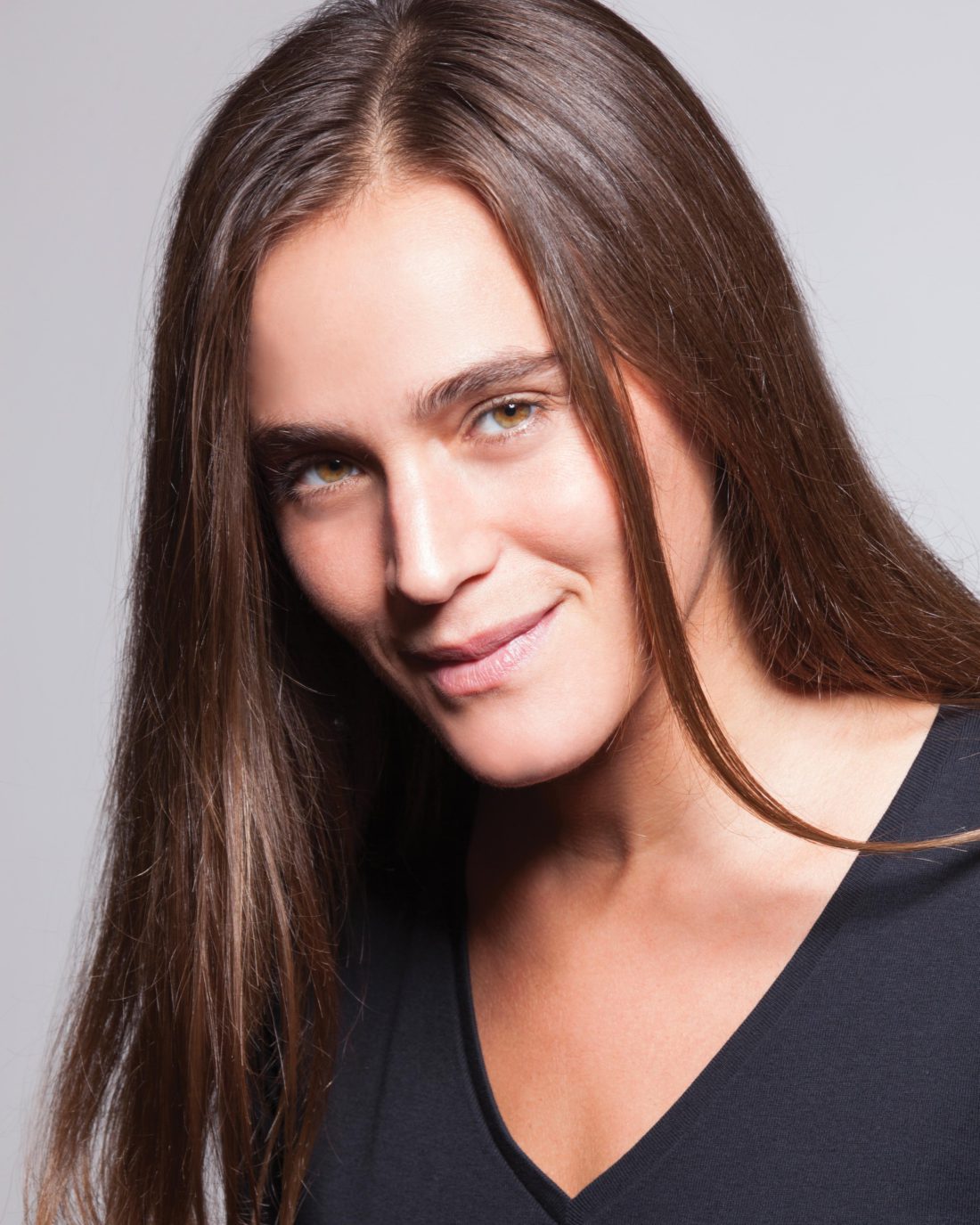Xpress continues its celebration of Poetry Month with a look at local, award-winning poet Jessica Jacobs’ work, “Because You Waited for Me to Fly Your First Kite,” from her 2019 collection, Take Me With You, Wherever You’re Going.
As a lonely kid growing up in central Florida, Jacobs says, “Books were my companions and my comfort, my assurance a larger world existed beyond the one I saw.”
As a teenager, she discovered Sylvia Plath’s Ariel, a collection of poems published posthumously in 1965. Jacobs says her life changed upon reading the work. In particular, the poem “Daddy” left her breathless. “I started writing then in earnest, believing if I could create even one work that made a single person feel that way, it was the finest thing I could do with my life,” she says.
Below is Jacobs’ poem, which appears with permission of Four Way Books; all rights reserved. The work, notes Jacobs, was written following an afternoon visit to Max Patch.
Q&A with Jessica Jacobs
Xpress: This poem was written after visiting Max Patch. As a poet, do you find that locations often inspire your work? Or was this a unique poem in that sense?
Jacobs: One of the reasons I write poetry and essays is because I don’t excel at the world-building fiction requires. To compensate, I work hard at being a noticer. My first book [of poetry], Pelvis with Distance, was about Georgia O’Keeffe; so to write it, I made many trips to the high desert of New Mexico to observe firsthand, with all my senses, what no field guide or Wikipedia article could tell me.
Because really, I believe poetry comes from not our heads but our bodies, from trying to fit what we experience into language. So instead of dismissing things with simple labels like “tree” or “dog,” we can be present to the wonder of how light falls through a particular set of branches or the play of joy and fear across a child’s face as they bravely pet a beast towering above them, panting sweetly at the end of my leash.
These observations then lead me to research, one of my favorite parts of writing, which now means when I walk in the fields here I know the foamy pods on the grass are the nests of spittlebugs and the witchy purple switches on the side of a trail hold within them a feast of future raspberries, which makes the world simultaneously more known and more wonderfully strange.
That feeds into another question I had. The visuals in this poem are delightful to consider. The one that always makes me grin is when you write, “And the tails! An exaltation of metronomes/keeping time for their joy.” As you’ve already noted, poets have this amazing gift for interpreting common, quiet moments and offering readers the chance see it anew. Is this part of your thought process as you enter a new work, or is your approach more open?
Dogs make me smile, too, so I’m happy to be able to pass that on through this poem. As for your generous question, I strive to enter each new poem without a rigid intention. Instead, I try and approach the page with a curiosity for where a poem might take me — into what new darkness it might shine a light, what part of myself or the larger world it might force/help me to face, what questions it might answer or inspire. Though it’s one of the most consistently difficult things I’ve done, writing is how I make sense of the world. And by sharing what I’ve found, I can only hope that one of my poems might offer a reader a fraction of the joy and wisdom the work of other writers gives me.
This poem plays with perspective. Readers are low to the ground in some stanzas, while high above by the work’s end. Was perspective a concept you set out to explore when you began writing this piece? If so, can you tell us a little bit about the thought process behind it?
I love that you noticed this; thank you! I often think of perspective in a piece of writing in cinematic terms. This poem opens with a kind of establishing wide shot to let a reader set the scene in their mind. The second stanza, following the sensuality of that opening metaphor of the speaker being the “tongue” of summer — which I hope makes more sense in the context of the poem! — zooms in for a close-up of both the ground and the beloved’s lips, offering up the intimacy that comes with bodily love. And finally, by the end, when the speaker’s delight has transformed her into a high-flying kite, we get a god’s-eye-view of both Max Patch and her loved one holding the kite string, a perspective that I hope offers up that transcendent feeling love can sometimes, if we’re lucky, give us.
Finally, I’m asking each poet I speak with to offer a recommendation. Is there a new collection of poems written by a local poet that you’re particularly fond of? If so, what makes the collection stick out to you?
Given Asheville’s impressive literary community, this is a tough one to answer. My shelf is a party with Eric Tran’s The Gutter Spread Guide to Prayer, Brandon Amico’s Disappearing, Inc., Gary Hawkins’ Worker, Brit Washburn’s Notwithstanding, Keith Flynn’s The Skin of Meaning, Luke Hankins’ Radiant Obstacles and Maggie Anderson’s Dear All — along with so many others. But just published in March is Eric Nelson’s Horse Not Zebra, a collection filled with insightful, tender poems, electric with surprising images, and, best of all for locals, a good number of these draw on the walks he takes around town with his dog, so you’ll likely find in these pages places and moments that feel drawn from your own life.





Such beauty! Metaphors be with you!
Nice to meet this poet.